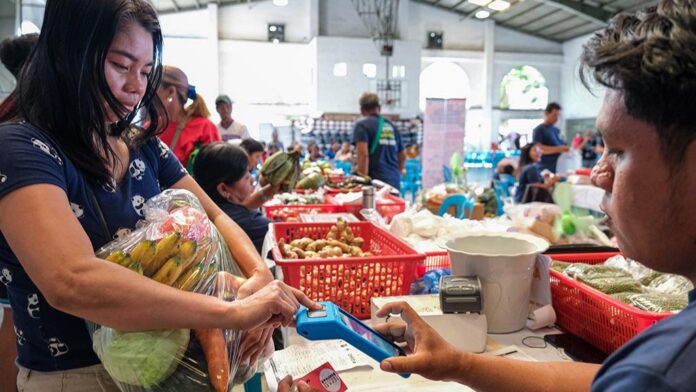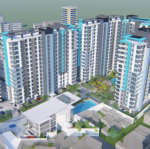The Asian Development Bank (ADB) has approved a USD400 million loan to help the Philippines combat hunger, food insecurity, and undernutrition—particularly among the country’s poorest households—as climate and disaster risks continue to escalate.
The loan will support the government’s Walang Gutom (Zero Hunger) Food Stamp Program, a flagship initiative spearheaded by the Department of Social Welfare and Development (DSWD). The program aims to provide monthly electronic food vouchers to 750,000 food-insecure households nationwide.
The food voucher cards will each be loaded P3,000 for the purchase of select food commodities from merchant stores, including the KADIWA ng Pangulo centers that sell P20 per kilo rice.
The project, officially titled Reducing Food Insecurity and Undernutrition with Electronic Vouchers, will help finance both the distribution of food vouchers and the development of systems to improve targeting, coordination, and monitoring of food and nutrition support services.
“With nearly half the Philippine population unable to afford a healthy and nutritious diet, food vouchers are essential to help poor and vulnerable households meet their nutritional needs,” said Pavit Ramachandran, ADB Deputy Director General for Southeast Asia and concurrent Country Director for the Philippines.
Ramachandran said the initiative underscores ADB’s commitment to building food security and ensuring that no Filipino is left behind in the face of rising climate and economic pressures.
Launched as a pilot earlier this year, Walang Gutom is a key component of President Ferdinand Marcos Jr.’s anti-poverty and nutrition strategy. The program focuses on addressing chronic food insecurity while promoting access to healthy diets through digital, targeted assistance.
The Philippines remains among the most food-insecure countries in Southeast Asia, with millions of families unable to meet minimum dietary requirements.







